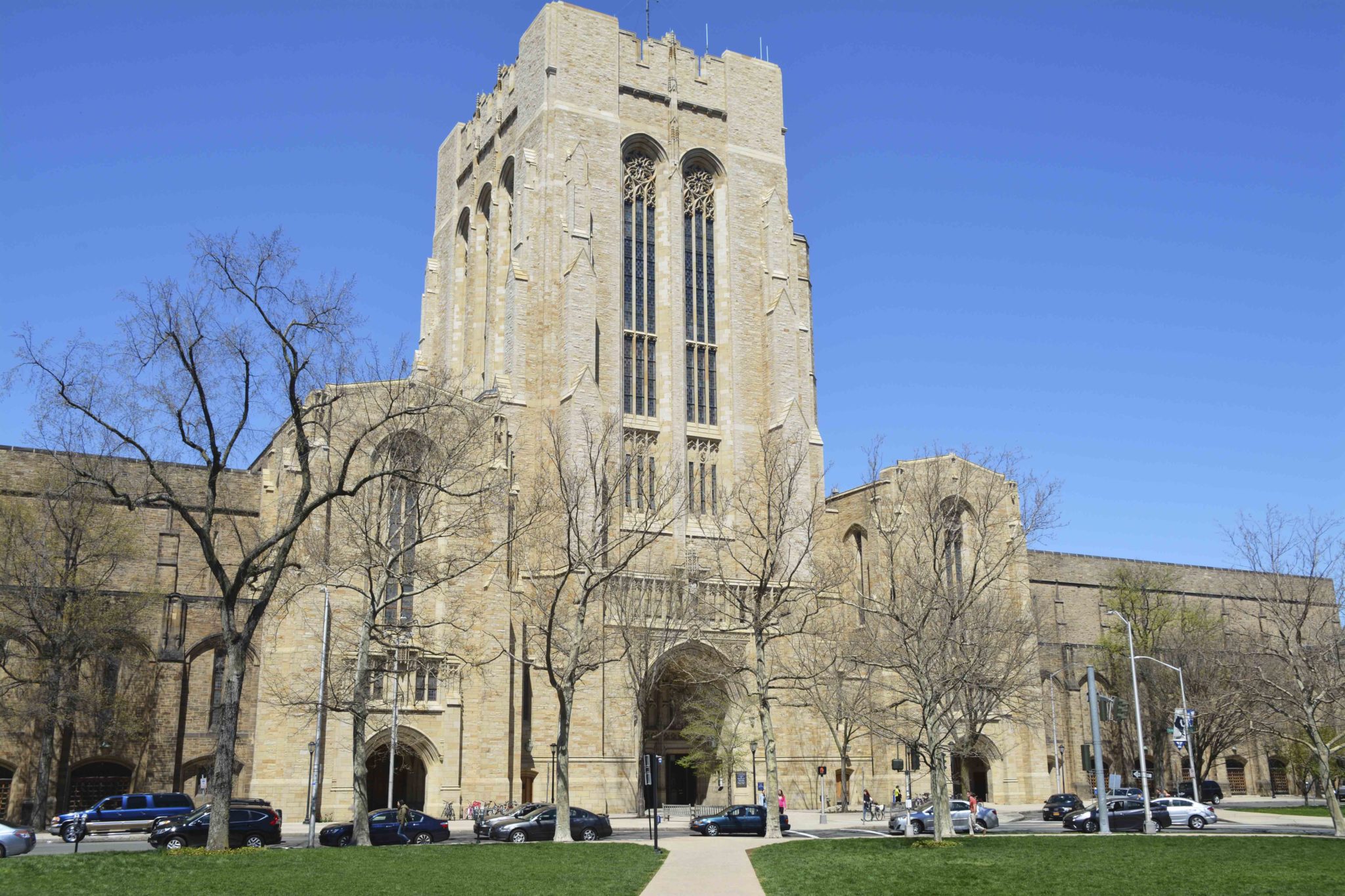
The Yale College Council on Saturday published a report recommending that Yale’s athletic department invest in more athletic trainers, expand meal swipe options and start a tutoring program for student-athletes.
Authored by the Yale Task Force on Student Athletes, the report is based on data gathered from a November town hall, a series of surveys, an assessment of athletic facilities at other Ivy League schools and the personal experiences of members of the Yale Student Athlete College Council.
“The YCC, with input from YSAAC, realized last year that changes were needed to improve athletes’ experiences at Yale,” said Christopher Gunther ’17, a co-author of the report who was a member of the task force last year. “The best way to pinpoint the issues and research and recommend changes was through a student run task force, comprising student-athletes and non-athletes alike.”
The report’s recommendations are divided into four categories: athletic medicine, nutritional resources, academic resources and student-athlete integration.
Much of the data in the report comes from the YSACC’s January 2017 survey, in which 60 percent of the 232 respondents answered that do not always have a trainer present during practice, a violation of NCAA rules. And of the 50 respondents who answered a question in the survey about sports medicine at Yale, 42 percent said they found outside doctors more helpful than the medical professionals at Yale Health.
Jason Cordone, Yale’s head athletic trainer, said in the report that that response might reflect the fact that “the athletic trainer does not have to be physically present at the practice, only in the area so they can respond quickly if they are needed.”
The report also addresses the lack of nutritional resources for student-athletes. According to the 2017 YSACC survey, 90 percent of student-athletes said the 7:30 p.m. closing time of dining halls is too early and makes it difficult to coordinate practice times. Additionally, the report concludes that many athletes are unaware of the resources available to them, including Yale Health’s nutritionist and dietician, Lisa Canada.
“The numbers I actually see, vary every year, but largely, I think this is an under-utilized resource for our athlete population,” Canada said in the report.
The report also compares the academic resources available to Yale athletes with those offered across the Ivy League. Even though more than 77 percent of student-athletes who responded to the 2017 survey believed that athletics participation has affected their overall GPA, Yale provides free tutoring for athletes only if they are earning a C or below in a class. On the other hand, institutions like Cornell and Dartmouth have tutors available for all student-athletes on request and free of charge.
To meet the needs of student-athletes, the report suggests that the administration allocate “appropriate funds” for athlete-specific tutors, create a student-athlete study space and keep athletes’ demands in mind when creating course and section timings.
The final section of the report addresses student-athlete integration, which the YCC task force deemed especially important to improve. While 59 percent of non-athlete students who responded to YCC’s 2017 survey said they agreed or strongly agreed with the statement “I have a positive opinion of Yale student-athletes,” just 33 percent of athlete respondents disagreed or strongly disagreed with the statement “In my opinion, the Yale student body supports student athletes.”
The report suggests increased interaction between athletes and non-athletes as a way to combat this bias. Recommendations include the creation of an Athletic Bazaar similar to the Extracurricular Bazaar held at Payne Whitney Gym at the start of each academic year, the introduction of a weekly newsletter by Yale Athletics to enhance advertising for games and the expansion of the athletic director’s office hours.
While some of the task force’s ideas — such as the weekly sports email — have already been implemented, Gabby Nelson ’19, co-president of YSACC, said she hopes more of the recommendations outlined in the report are taken into consideration.
“While drafting the report I met with [outgoing athletic director] Tom Beckett,” Nelson said. “And when the new athletic director is ushered in, I also plan on meeting with her to discuss it and a few other ideas even if it is after my tenure as co-president.”
And Gunther said that while there are “tradeoffs that must be made,” the task force is hopeful that the University will recognize the need for these changes over time.
According to Cordone, the Yale athletics department is “continually evaluating” its services and facilities for the 35 varsity sports teams at the college.
“There are conversations with administration that include staffing and facilities enhancements and upgrades,” Cordone told the News. “I can say that when new facilities are being proposed that our sports performance needs are strongly considered.”
Eight hundred thirty three varsity athletes attend Yale College.
Aakshi Chaba | aakshi.chaba@yale.edu







